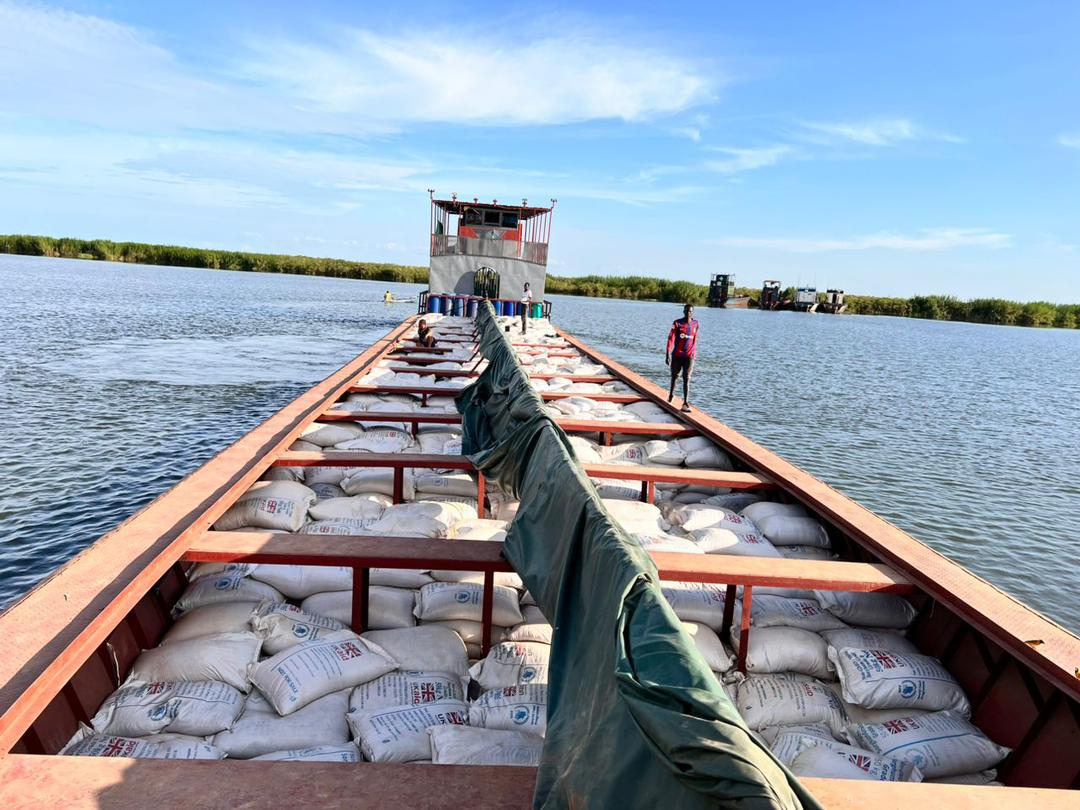WFP warns of potential food aid cut in South Sudan in September

The statement came after the WFP said last week that it urgently required $274 million to maintain support for just the 2.5 million most acutely food insecure through the end of the year.
The United Nations World Food Programme (WFP) said Tuesday it may be forced to cut food rations in South Sudan in September if funding is not available immediately.
According to the WFP, severe funding shortfalls mean it can reach just 2.5 million people -only 30 per cent of people facing severe hunger - across the country with emergency food assistance.
More To Read
- Over 17 million Afghans face acute hunger as winter looms, WFP warns
- Sudan, South Sudan and Gaza face ‘most dangerous year yet’ as humanitarian crisis deepens
- António Guterres sounds alarm over worsening global refugee crisis
- South Sudan grounds UNMISS aircraft over spy gear and smuggling allegations
- Millions of hectares are still being cut down every year. How can we protect global forests?
- UN urges Ethiopia and Eritrea to respect border pact amid rising tensions
"Further reductions in rations and assistance will be necessary in September if additional funds are not urgently received," the WFP said in a statement issued in Juba, the capital of South Sudan.
The statement came after the WFP said last week that it urgently required $274 million to maintain support for just the 2.5 million most acutely food insecure through the end of the year.
WFP Deputy Executive Director and Chief Operating Officer Carl Skau, who visited South Sudan on July 17-20, said the scale of the humanitarian needs in South Sudan is staggering.
"But the scale of suffering here does not make headlines. Whether it is families trapped every year by flooding in Unity State or others trapped by conflict in Upper Nile State - millions of mothers, fathers, and children spend each day fighting hunger to survive," said Skau.
According to the WFP, some 7.7 million people, or 57 per cent of the population, are facing crisis, emergency, or catastrophic levels of hunger while an unprecedented 2.3 million children are at risk of malnutrition.
Top Stories Today
















































